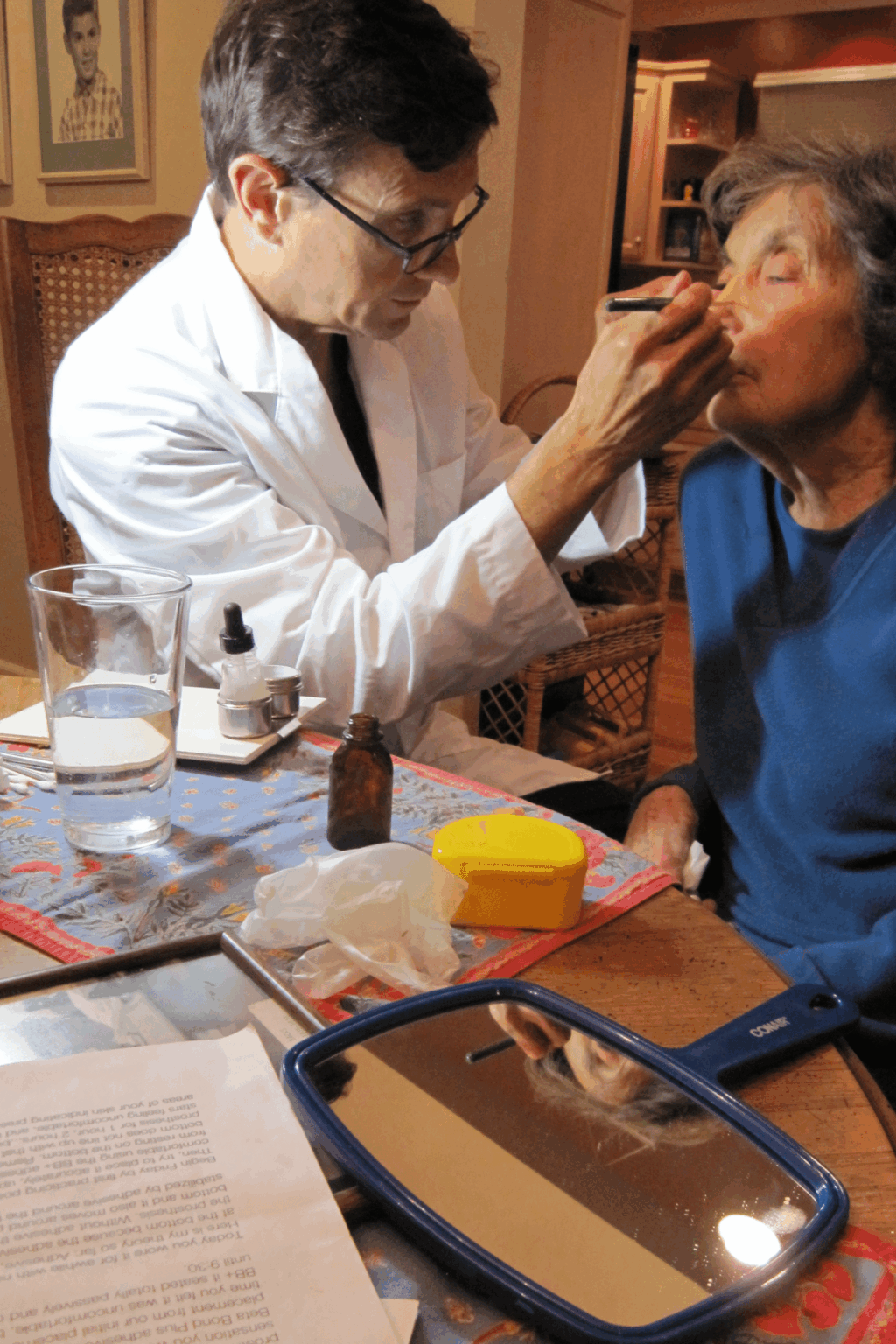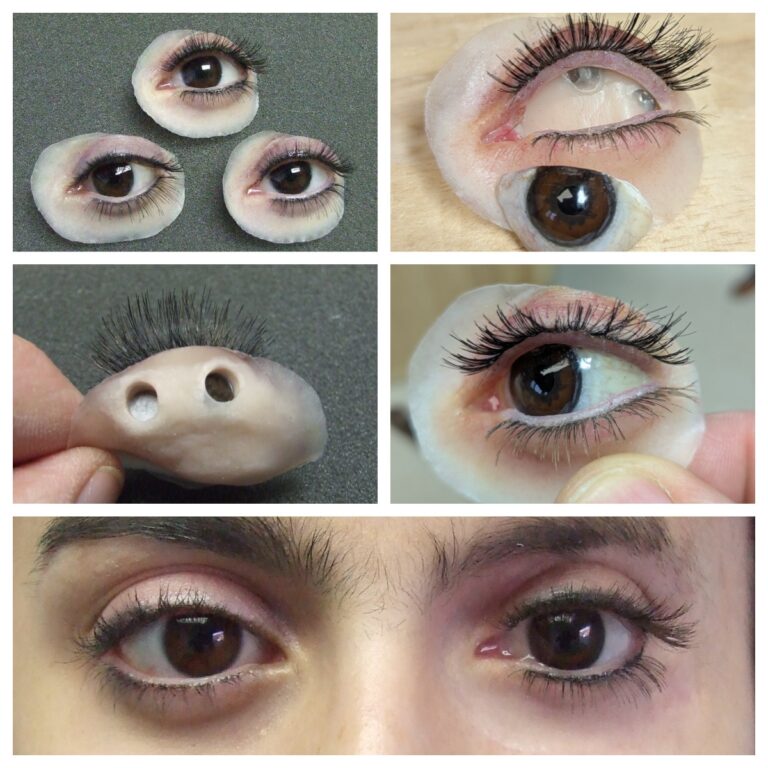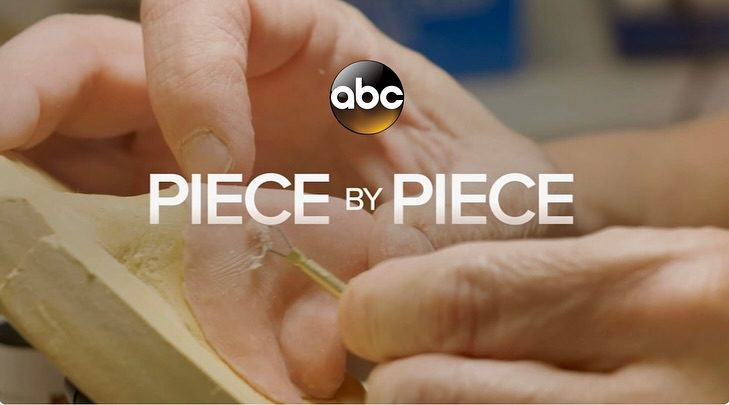Making decisions about who to see and where to go can feel overwhelming. Patients and families may feel grief, fear, anger about their illness or the events they have experienced. Medical and surgical experiences are mentally and physically exhausting, and now you are in the unknown area of prosthetics. Remember, you are not alone. Thousands of others have made it through the trauma and uncertainty, and you will too.
YOU are the one who will wear your prosthesis, NOT your doctor
By their medical training doctors know who they should refer you to for further medical or surgical treatment. However, when it comes to referring you for prosthetics they have a difficult time because there are very few prosthetics practitioners out there and even fewer who focus on the unique discipline of restoration of the face and hand. Doctors are busy and may refer out of expediency for your convenience. Consequently, you might end up getting referred to the closest institution, to a provider who happens to be listed as in-network or to a laboratory specializing in dental fabrication. Respect your doctor’s best intentions, but remember, you will wear the final prosthesis each day not your doctor. A little research and willingness to travel beyond your locale might be well worth it.
Many of our out-of-state patients gladly make a trip to see us because they have experienced how much better they feel living with an exceptionally artistic and accurate prosthesis versus a less impressive one they might have initially received closer to their home. We are also making our services more convenient every year as we develop new locations across the country. With our new digital distance services we can even design our prosthetics entirely based on CT scans or impressions sent to our main facility. The list of possibilities is growing each year.
Prosthetic Care will be a Part of your Life from this Point Forward so it’s YOUR choice
Choosing your prosthetist will be one of the most important decisions you make. It is important that you interview several prosthetists and decide, on your own, who will work best to get you back to living life to the fullest. Remember you have a choice of providers.
After your surgery or post-op treatments (radiation, therapy, etc.) you will have a few weeks of recovery and healing. This is the ideal time to schedule appointments with prospective prosthetists for interviews and assessments.
Important Questions to Ask Your Practitioner
- What are your art credentials (degrees, awards)?
- Where were you trained to do this work?
- What are your clinical training credentials (certifications)?
- Are you licensed?
- How long have you practiced in this area?
- Why did you get into this line of work?
- How many cases do you do that are like mine?
- How much experience do you have with osseoinegrated prostheses?
- Can I see a portfolio of close-ups of several cases you have done like mine?
- How many sessions are involved and how long will the entire process take?
- Can I bring family members?
- Can you show me and explain examples of attachment options?
- How secure can you make my prosthesis?
- Will you take my insurance or offer payment plans?
- How long will your prosthesis last?
- Can you repair this type prosthesis and what are the costs?
- How long has your practice been in existence?
- Do you use scanning and 3D printing as well as on staff medical artists?
Look for ALL 3: Talent, Training and Temperament
The unique discipline of aesthetic silicone prosthetics for the face and body is practiced by individuals from fields like anaplastology, dentistry, ocularistry, prosthetics and orthotics and others. Regardless of background, all practitioners privileged to do this work must demonstrate natural artistic ability, formal clinical training and lastly a temperament to work alone sometimes for hours to instill a requisite level of accuracy and realism necessary to inspire confidence and pride in the wearer.
Does 3D Printing Replace the Artist?
No. 3D printing has become a very useful tool but, in the media, tends to be overhyped. In short 3D printing is not necessary for delivery of beautiful accurate prostheses, but the artist is!




